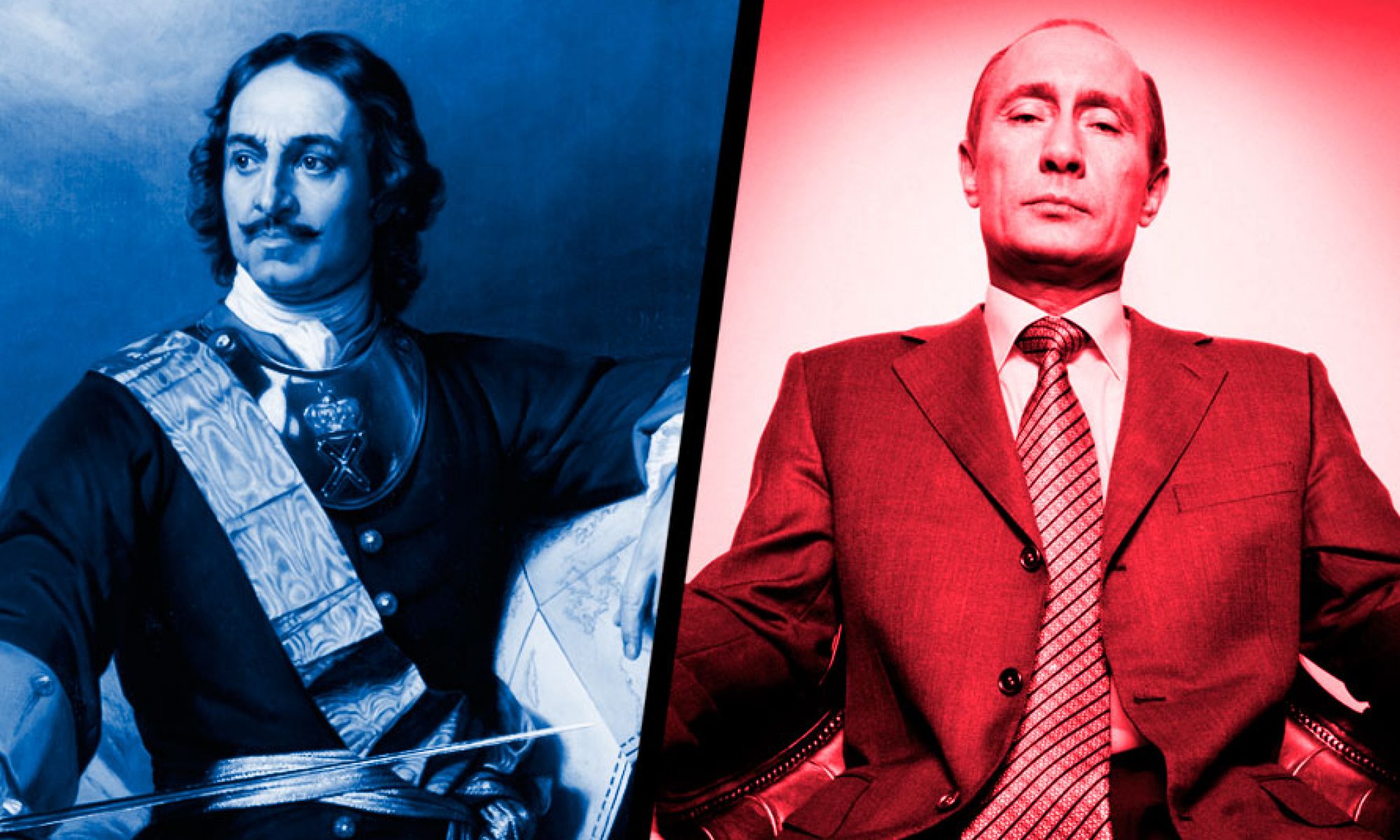Summaries of the readings:
Chapter 8: Catherine’s Influence on Russian Cultural Life
Catherine admired “the brilliant and orderly court life.” (91) This entailed her to revise the ranks and rules to create a more orderly court function. Catherine was quite talented in her range of skills, such as with writing and music. She wrote for the newspaper All Sorts of Things which was possibly edited by one of her high ranking officials. Printing was one of the main focuses of this chapter with the ideas of censorship and more accessibility of printing. Catherine’s ideals of censorship had much to do with no offensiveness. She dealt with education and the Russian language with spelling and grammar.
Chapter 9: Catherine’s Educational Policy
Society can be improved through education. Education was available to “everyone,” though it was fairly difficult for many serfs to go to schools or get permission from the landowners to go. Catherine and Betskoy were the main runners of the education reform. However, they made no general education rules for Russia. Betskoy was looking to form a ‘new kind of man’ through education systems and teaching basic manners and behaviors. (106) The Statute of National Schools was issued in August 1786, and decided to modernize education. The curriculum consisted of subjects such as math and history. One key element of the education policy was no corporal punishment.
Chapter 15: Catherine and the French Revolution
Most articles and stories published in Russia during the French Revolution tried to highlight the “seditious nature of events” and the violence occurring in France and to compare it to the Pugachev Revolt, yet readers were able to make sense of the actual facts (Madariaga 189). The French Revolution made Catherine the Great nervous about her own reign, and starting with Radishchev who wrote A Journey from St. Petersburg to Moscow, she began persecution of intellectuals. He took advantage of Catherine the Great’s decree in 1789 that allowed individuals to have their own printing press. A Journey was able to be published in full because the Department of Public Morals may have “cut out substantial parts of it” when he submitted it, but the local police did not think to reread his submission in which he did not adhere to the Department’s editing (Riha 263). In A Journey, Radishchev touches on serfs’ situations, nobility’s greed, and the overwhelming inequal distribution of justice in society. He writes,
“Instead of encouraging such violence, which you regard as the source of the country’s wealth, direct your humane vengeance against this enemy of society. Destroy the tools of his agriculture, burn his barns, silos, and granaries, and scatter their ashes over the fields where he practiced his tortures; stigmatize him as a robber of the people…” (268-269).
Catherine the Great accused Radishchev of being “infected with the French mania” (Madariaga 195).
Catherine the Great started intellectual censorship with Radishchev, but then in 1792, she turned her attention to the freemasons who she also thought were influenced by the French Revolution to be revolutionary. Dr. J.G. Zimmermann had convinced her that “freemasonry lay at the root of the French Revolution,” and Catherine cracked down on the Moscow masons by sentencing Novikov to imprisonment (199). She set up the first formal system of censorship in 1796.
Questions:
Why was Catherine the Great’s decree of January 15, 1783 so culturally important?
How did the foundling homes affect women?
What did Betskoy look for is his ‘new kind of man’? What kind of schooling did the men have to go through? Or what did the schooling focus on?
What does Catherine the Great’s policies on education illustrate about her values and the values of Russian society at the time?
Why would Catherine the Great leave out religion from her education program?
How did the French Revolution influence Russian culture?
How did Catherine the Great perceive its influence?
What made Radishchev and his work, A Journey from St. Petersburg to Moscow, so dangerous? Why did Catherine the Great write notes on the piece when she was fighting two wars?
Why did Catherine the Great fear masonic activity even if a significant proportion of masonic groups were not revolutionary? What did she do in response to her fears?
What do you attribute the shift from Catherine the Great’s younger reforms to the censorship of the later years of her reign?
Would you want to live in Catherine the Great’s society?
